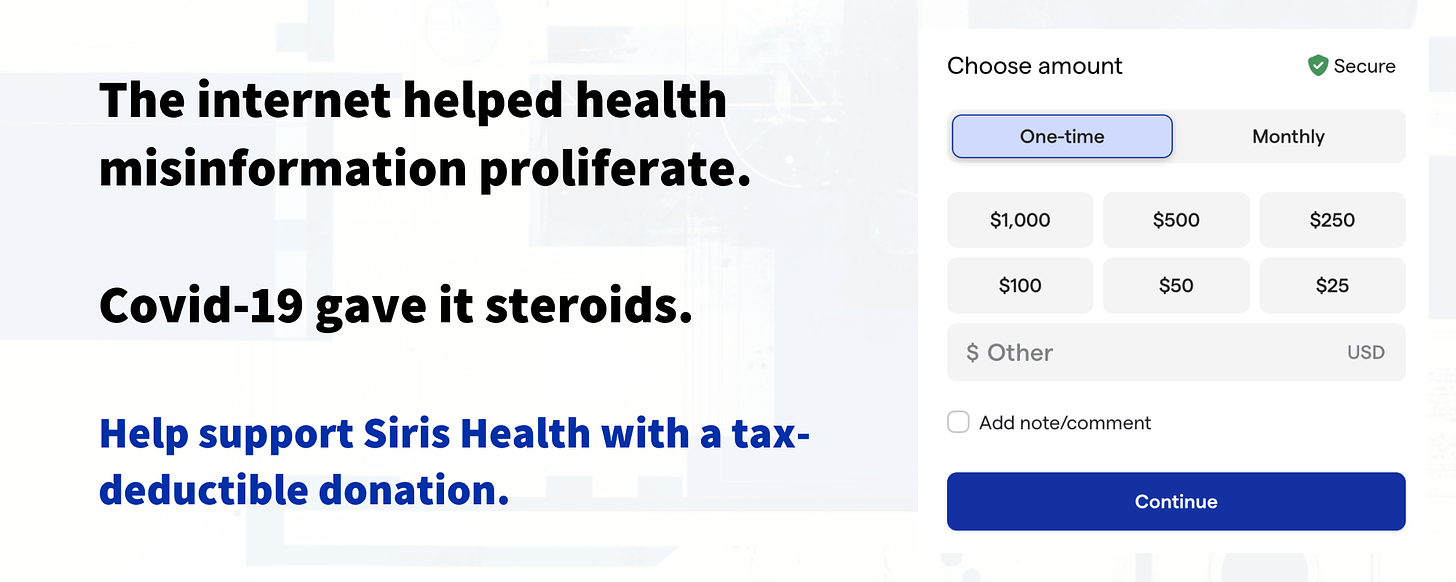Cortisol face. Cortisol belly. If you’ve spent any time on TikTok, you likely haven’t avoided the algorithm returning at least one (if not many) of the 202,000 videos tagged “cortisol.”
The term implies that elevated levels of cortisol cause facial (or belly) puffiness and swelling. And, as can be expected, a range of “cortisol lowering” supplements are being offered to solve this problem.
But is excessive cortisol actually a problem? Certainly, to a limited number of people with hypercortisolism, as discussed below.
As for the wide variety of people marketed to on TikTok? Experts say no.
The 101
A glucocorticoid hormone, popularly referred to as the “stress hormone,” cortisol is released into the bloodstream in response to stress and low blood glucose levels. Regulated by the hypothalamic-pituitary-adrenal (HPA) axis, which ensures that cortisol levels are maintained within an appropriate range, cortisol is produced by the adrenal glands.
Cortisol follows a diurnal rhythm: your body produces more of it in the morning and it dissipates over the course of the day. Your body starts production a few hours before dawn in preparation for waking up.
The main functions of cortisol are:
Stress response, ie the “fight of flight” mechanism
Metabolism regulation
Blood sugar control
Immune system modulation
While cortisol is often negatively implicated, it plays essential physiological roles:
Helps the body respond to stress or danger
Increases alertness in critical situations
Promotes glucose production
Aids in the breakdown of fats and proteins for energy
Reduces inflammation—the exact opposite of “cortisol face”
Assists in maintaining healthy blood pressure levels
Boosts energy and helps to restore it after stressful situations
Modulates immune responses
Helps regulate circadian rhythms
Excessive cortisol—Cushing’s syndrome, or hypercortisolism—is real. This condition results in numerous negative health outcomes, including an elevated risk of cardiovascular disease, weight gain, osteoporosis, thinning skin, mood disorders, and cognitive dysfunctions. This is a possible reason for excessive inflammation, which is a precursor to type 2 diabetes and heart disease.
Too little cortisol—Addison’s Disease, or hypocortisolism—is also a problem. This condition can lead to weight loss, nausea, fatigue, weakened immune functioning, mood disorders, and an inability to regulate inflammation.
Here’s the thing
Both conditions are rare. Cushing’s Syndrome and Addison’s Disease each affect roughly 40 to 60 people per million. In a global population of roughly 8 billion, roughly 800,000 suffer from excessive or insufficient cortisol.
If you’re not in these cohorts, cortisol is unlikely to be making your face (or belly) puffy. While we shouldn’t discount the real problems of the conditions above, influencers selling supplements is always a red flag.
SELF talked to nutrition experts and endocrinologists—certified experts in their fields—about nine popular supplements being touted as cortisol-reducing wonder drugs, including ashwagandha, magnesium, vitamin D, and omega-3. Sadly, the results are to be expected in a wellness industry that constantly hypes unproven remedies:
The dose level sold in stores is often below clinical study levels
Supporting studies are often short-term, small, and/or in-vitro (conducted on cells in test tubes, not in human bodies)
Many of these supplements don’t directly affect cortisol, so the link is purely theoretical
Comparable levels of ingredients can be found in whole foods at much cheaper prices
In summation
“None of these supplements [are likely to] directly lower cortisol,” argues [endocrinologist and associate professor of clinical medicine at Weill Cornell Medical College] Dr. Kumar. While some of the featured ingredients might help a person feel calmer or more relaxed—which may, in turn, help support better cortisol regulation, she says—that’s a far cry from what these brands are touting in their marketing. Byrne adds that unless you’re deficient in some of the key nutrients mentioned, you’re likely not going to feel much of an effect from taking a supplement, period.
There are real ways to combat stress, ranging from self-care exercises like yoga and meditation to cognitive behavioral therapy under the care of a professional therapist.
People truly concerned about low or high cortisol levels should get tested by a medical professional. But as the article concludes, “shelling out major bucks for supplements won’t be as effective as tried-and-true lifestyle changes.”







